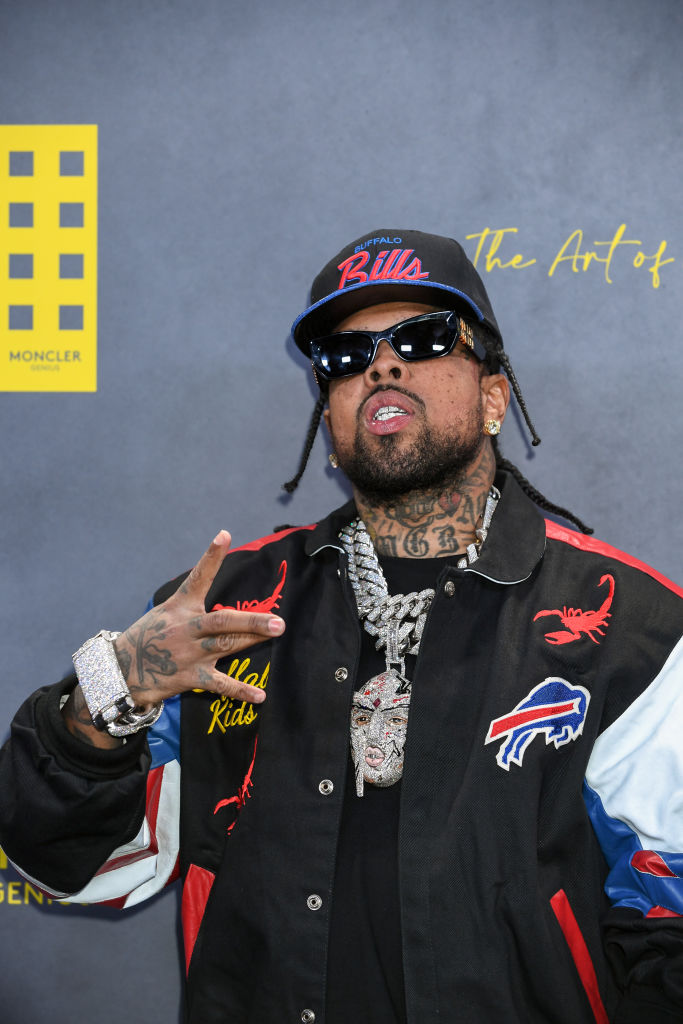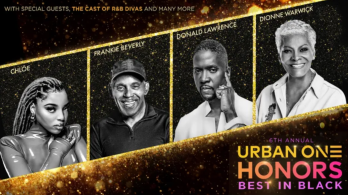
Westside Gunn might exist as one of the champions of the so-called “boom bap” resurgence, but his personal interests are as vast as his stacked discography. With his fifth and reportedly final studio album, And Then You Pray For Me, the Buffalo, N.Y. mastermind embraced audio textures outside his typical sound— and that choice alienated some and indoctrinated others.
Westside Gunn sits at an interesting point in his still ongoing career. In a recent Rolling Stone interview WSG claimed that while he’s not giving up his musical endeavors, the aim of creating a full-length project is over for him. With his hands in high-end fashion, design, pro wrestling, and charity work, Gunn will remain a fixture within the culture via other realms.
And Then You Pray For Me, billed as the successor to WSG’s Pray For Paris (perhaps his most acclaimed album at this point) adds to WSG’s transcendental rise as a cultural tastemaker. While Pray For Paris remained centered in the traditional hazy bop that Griselda propelled to the forefront, And Then You Pray For Me fully embraces the sparse production that largely informs the trap sound. It also serves as a means for Gunn to honor his late friend, fashion designer Virgil Abloh, who provided the covers for the albums.
The album opens with “FLYGOD DID” featuring A.A. Rashid delivering one of his signature motivational openers, with “Mamas PrimeTime” coming right after. Beat Butcha and Mr. Green handed over a face-melting track with Georgia’s JID delivering a scene-stealing verse that Conway The Machine slightly overshadows, and it should be noted that Gunn also properly set the tone alongside his guests.
In an unexpected turn of events, “Kostas” brings together the core Grisdelda members with a booming backing track from Tay Keith & tbeatz. If there is an early knock, WSG’s flow pales in comparison to his cousin Benny The Butcher and brother Conway The Machine. Still, the attempt is admirable and at the very least, Gunn sounds like he’s having a blast.
Speaking of, Gunn’s songs on the project that were produced by Miguel da Plug dive into a style we only heard him tackle previously on “Flygod Jr” from his 10 mixtape, with Doe Boy and DJ Drama adding their flair. Gunn has made no secret that he spends significant time in Atlanta and takes in the nightlife, so it isn’t entirely shocking he embraces this style of music several times across And Then You Pray For Me.
The differences between Gunn’s rhyme style over trap-influenced beats and the loop-centric boom-bap become all the more glaring in between the tracks “1989” featuring production from Miguel da Plug and a scene-stealing feature from Stove God Cooks, and “Suicide In Selfridges” which features the talents of producer Conductor Williams. On the latter, WSG hands in what might be his best performance on the album.
From an impartial stance, it’s clear where Gunn shines as a rapper but it is entertaining to hear him insert his style of high fashion tough talk into the world trunk-ratting dope boy tracks. A great example of this is “DunnHill” featuring Rick Ross. Rozay sounds more at home on Miguel da Plug’s track but that doesn’t alter the quality of the final product.
One of the album’s highlights, “House of GLORY” is produced by RZA and features another of Gunn’s standout verses. Even with Stove God Cooks’ strong opening verse, WSG found a comfortable pocket that speaks to his ability more than the following track. The track “JD Wrist,” produced by Gunn’s son, Flygod Jr., benefits from strong verses from Stove God Cooks and Estee Nack.
If there is one area Gunn certainly doesn’t deliver, it’s while he’s in the role of a Hip-Hop Lothario. This is highlighted in the sex-drenched raps of “Chloe” featuring a game Ty Dolla $ign and excellent production from Denny LaFlare. However, the song is an uncomfortable listen.
Things pick back up with the excellent “Babylon Bis,” featuring Stove God Cooks. Frequent collaborator JR Swiftz provides the platter for Stove God and WSG to shine brightly and gives way to one of the album’s strongest sectors.
Another of the album’s surprises is Daringer providing production for “Jalen Rose” featuring Detroit’s Boldy James, a slight departure from the Buffalo, N.Y. producer’s usual style. Once again, WSG alters his rhyme style for the sake of the song, and despite online critics saying otherwise, it works.
The album’s closing title track doesn’t even feature Gunn. Instead, WSG allows KayCyy to capably carry the song on his own over Brother Tom Sos’ mellow production. Even though it stands in stark contrast to what came before it, it is a perfect ending for such a kaleidoscopic journey.
And Then You Pray For Me isn’t perfect. Gunn’s embrace of the trap sound is either refreshing to some ears or frustrating to others. However, those saying Westside Gunn is a one-note rapper will have to eat their words and acknowledge that he once again curated another audio experience that won’t be soon forgotten.
It will be interesting to see where the Griselda honcho goes next if he decides to release more music. If not, And Then You Pray For Me is a neatly-tied bow on one of the best runs the culture has witnessed in Hip-Hop ever.
Find And Then You Pray For Me and your preferred DSPs below.
—
Photo: Dave Benett / Getty
Westside Gunn Delivers Variety & Shifts His Sound On ‘And Then You Pray For Me’ [Review] was originally published on hiphopwired.com

















